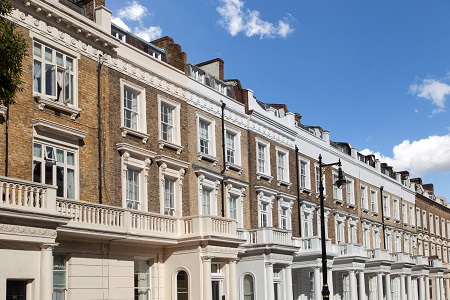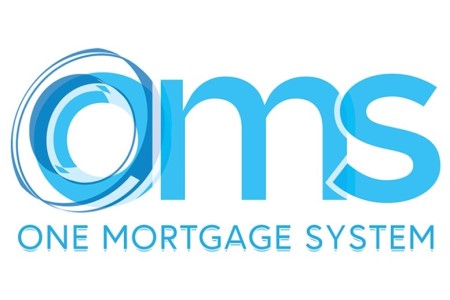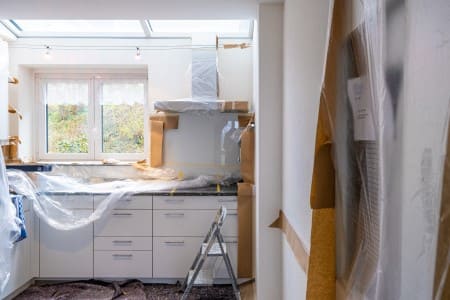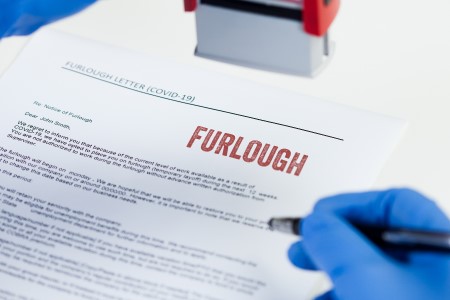
Business rates can be defined as a tax on property used for business purposes. Therefore, it’s vital that landlords in the commercial property space are aware of the various local government business rates they may be subject to. In this blog, we will outline everything landlords need to know about the taxes they may face from local authorities and councils.
What are local government business rates and which businesses have to pay them?
Business rates (sometimes known as commercial rates) help local councils to fund the services they provide to their community. Examples include policing or waste management. Most non-domestic properties will need to pay business rates. These can include offices, shops, pubs, factories, and warehouses. However, holiday rentals or buy-to-let properties can also incur business rate charges.
Sometimes, business rates are charged when only a small part of the building is used for non-domestic purposes. Residential flats with pubs underneath them may fall into this category. Therefore, make provisions within your business model to ensure you’re able to afford local government business rates.
In a similar fashion to council tax, business rates are paid in ten equal instalments throughout the year. If you miss a payment, you will need to make bigger payments to cover the outstanding amount. This may quickly put a budget under pressure, so make sure you keep on top of things.

Who pays local government business rates?
The responsibility of paying business rates falls on the occupier of the premises. As such, both landlords and tenants can be required to make the payments. Often, landlords will add the business rates to their tenants rent, passing the cost onto them.
In truth, it’s up to both the landlord and the tenant to decide who covers the payment. Ultimately though, it’s the occupier who is responsible. Action could be taken against a tenant, not the landlord, if a payment isn’t made.
Are business rates payable on empty properties?
Business rates are payable on both empty and occupied premises. Therefore, whoever has the right to occupy the property must pay any charge due, even if they are not occupying the building. For instance, if a tenant moved out of a property 6 months ahead of the end of their lease, they would still be responsible for paying the business rates. Alternatively, if a tenant’s lease has ended, the responsibility would fall to the landlord.
After an initial exemption for 3 months, business rates are charged in full to unoccupied properties. For industrial properties, the exemption period lasts for 6 months. However, it’s worth noting the exemption is based on the property, not the occupier. If a you take on an empty property that exceeded the exemption period, you would be expected to cover the cost of the business rates.
Who sets business rates and how are they calculated?
The government in Westminster oversees setting the amount of business rates that a landlord, investor, or tenant needs to pay. However, previous government announcements have indicated to make local councils responsible for setting them.
The amount you pay is calculated by multiplying the Rateable Value (RV) of the premises by the Rate on the Pound/Multiplier. Thus, if a property’s RV was £40,000 and the Rate on the Point/Multiplier was 0.512 (the standard rating multiplier), the business rate would be £20,480.
Ahead of taking on a property, you can estimate its business rates bill on the government’s website.
Impact of business rates on small businesses
Put simply, business rates have become one of the most significant overheads for small businesses that own or rent a property valued at – or above – £12,000.
In recent years, many businesses have been forced to increase the amount of business rates they pay after getting their properties revalued. Indeed, rising rental values have also contributed to small businesses seeing their payment double, triple or even quadruple in as little as 12 months.

Can I get a discount on local government business rates?
Some properties are eligible for discounts when it comes to their local government business rates – known as ‘business rates relief’. For example, small businesses who own just one property and have an RV of less than £15,000 would be eligible for such relief. They would not be expected to pay anything if their property was valued at £12,000 or less. For properties with an RV between £12,001 and £15,000, the rate of relief would decline gradually. As such, if a property had an RV of £13,500, 50% of the amount would be removed from the bill.
Similar discounts can be achieved via the following schemes:
How can MFS help commercial property investors navigate these rates?
With 16 years of experience, our team of experts have become our most valuable asset. Here at MFS, we look at the bigger picture and have the expertise to overcome potential obstacles that might arise for property investors.
For example, if one of our clients had just taken over a café or restaurant that had been vacant for three months, they might require a bridging loan to help them pay off the pre-existing business rate bill. Because we consider all applications on a case-by-case basis, we would be able to recognise the property’s future value as a commercial space. Therefore, by underwriting from the start of an application process, we can take on projects other lenders might shy away from.
To find out more about how MFS could help you with your commercial property venture, head to our website.
Disclaimer
MFS are a bridging loan and buy-to-let mortgage provider, not financial advisors. Therefore, Investors are encouraged to seek professional advice.










